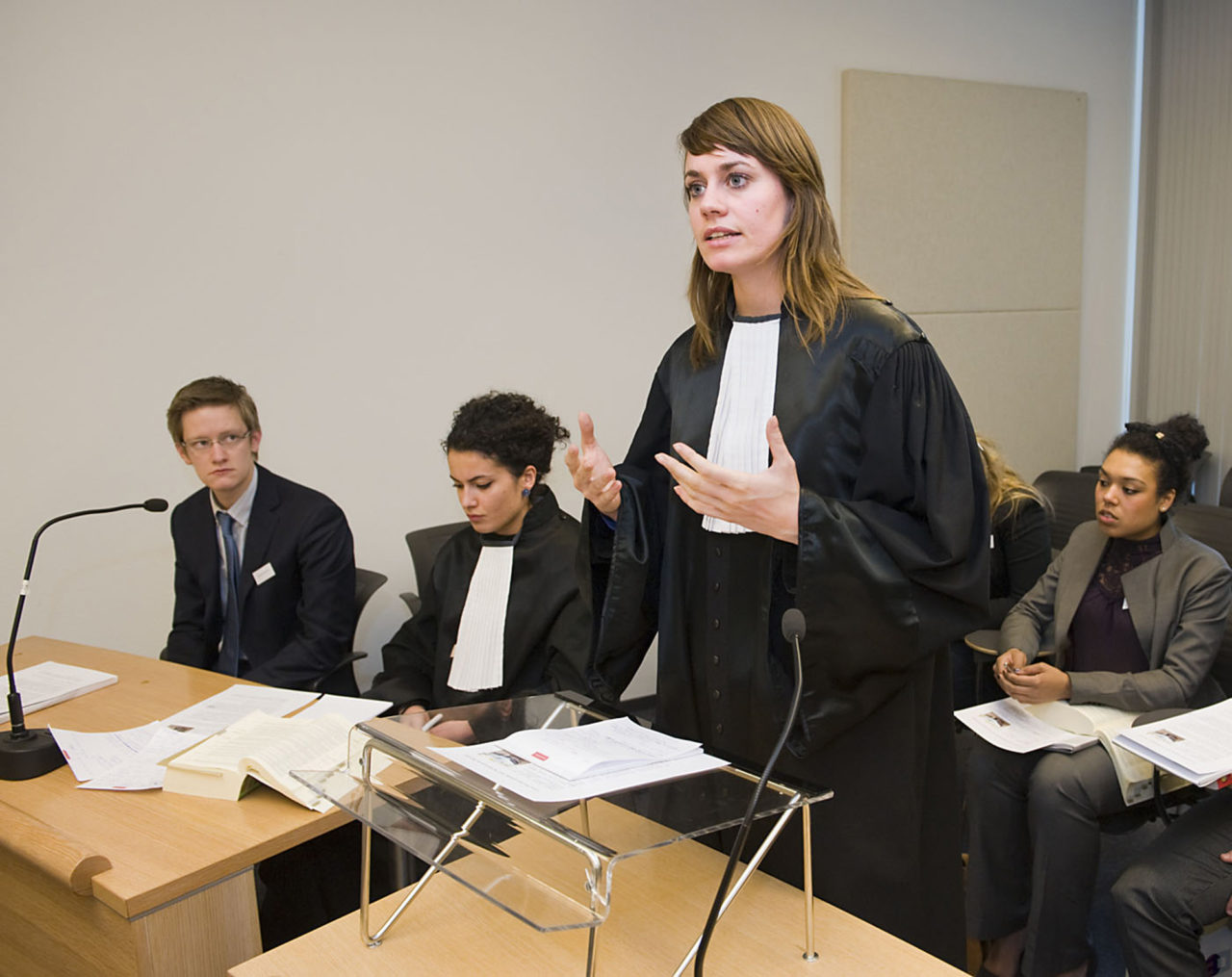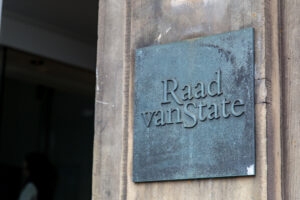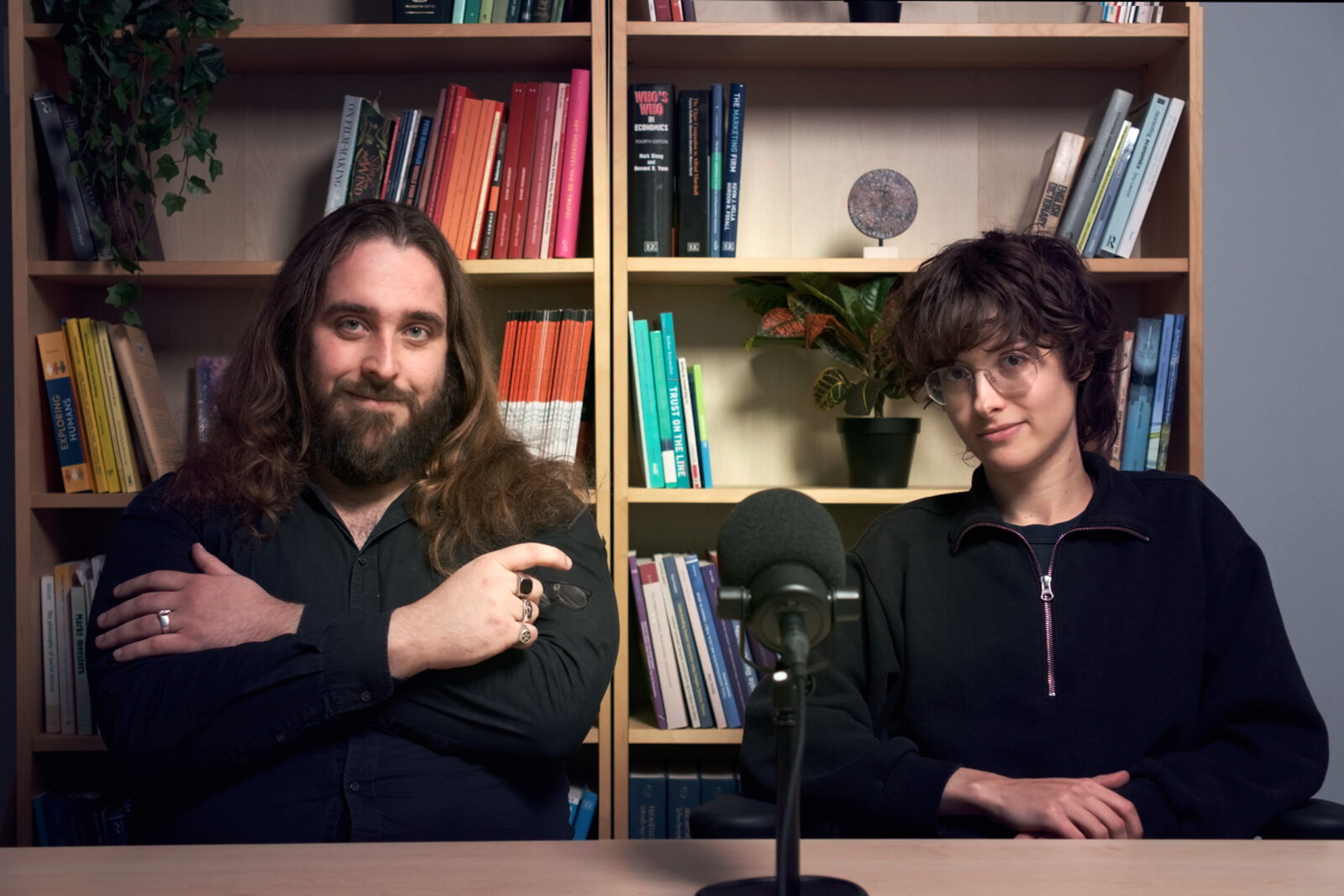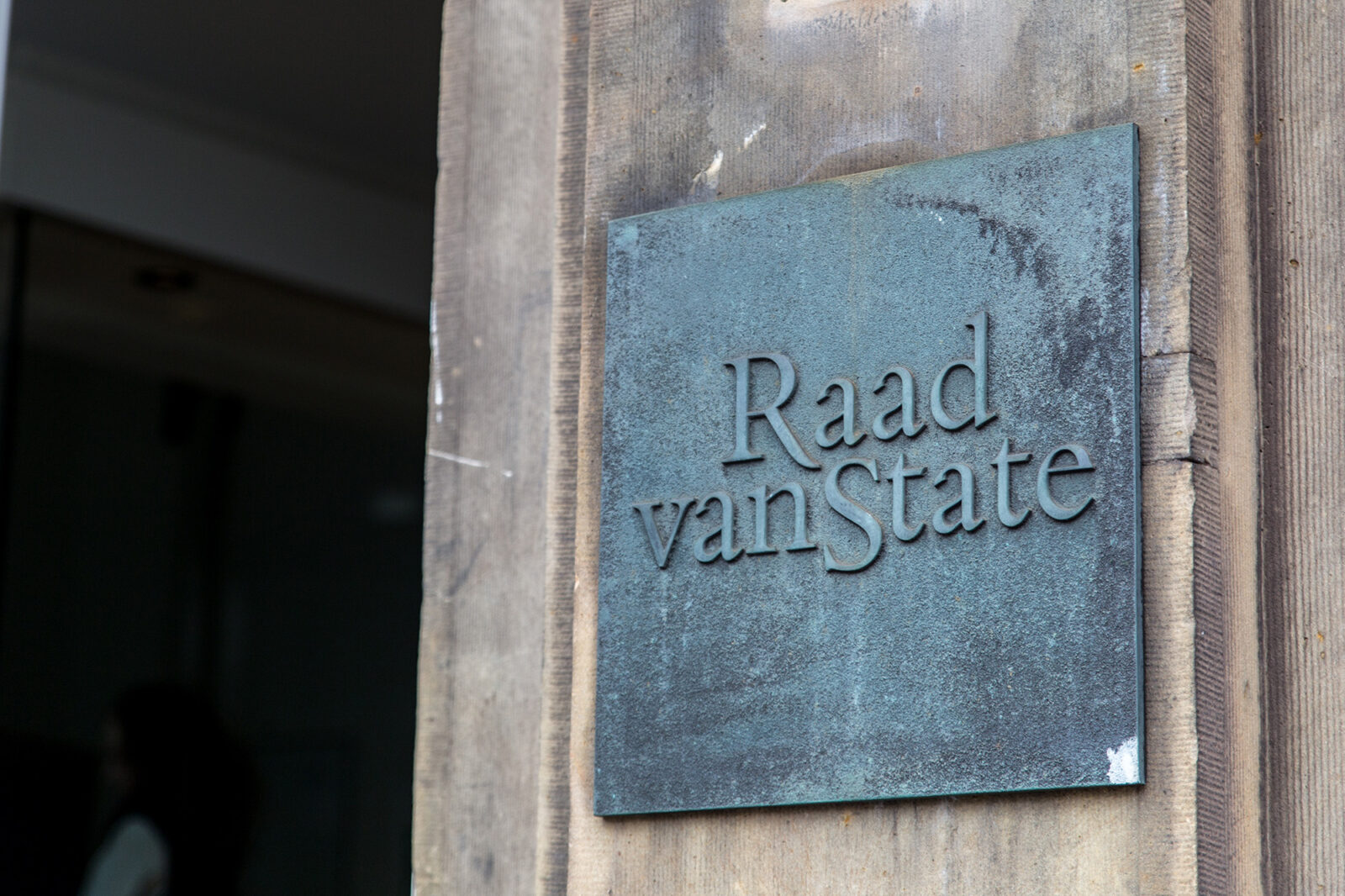Law students complain to Inspectorate of Education regarding Criminal Law master’s course
A group of Criminal Law master’s students is dissatisfied about the assessments in the Research Practical course for their master’s degree. They find the assessments to be too strict, random and obscure. Over half of the students did not pass the course and may, therefore, not start their thesis. They will need to start the course again next year, as there are no resit options. According to the students, the atmosphere surrounding the course is so poor that they call it a ‘culture of fear’.

Image by: Ronald van den Heerik
In a letter to – among others – the Inspectorate of Education, 27 Criminal Law master’s students at Erasmus School of Law (ESL) wrote that they ‘feel very dissatisfied’ about the Research Practical, In-depth Formal Criminal Law course. “It is as though this course has the aim of failing as many students as possible”, they said.
More about ESL
- Why the Law degree programme scored so poorly in the latest Keuzegids
- ‘Growing pains’ lead to problems in Law and Business Administration programmes
- Keuzegids 2020: EUR has best History programme in the country; Law still underperforming
The students decided to take this step because ‘the lecturers did not want to listen to the students’. “They are aware of the dissatisfaction among students, but do not amend their policy,” they wrote in the letter, a copy of which is held by Erasmus Magazine. “We want our voices to be heard; not only for us, but also for future master’s students.”
Three Criminal Law master students clarified their complaints to EM, on the condition of anonymity. “Many students agree with this but did not sign the letter because they were afraid that this would disadvantage the assessment of future examinations, assignments and the master thesis”, stated one of the students. “We are concerned about this too, which is why we would like to remain anonymous.”
High requirements
According to the students, the requirements for the course are too high. “I would have made a different choice when selecting a university if the regulations for the course had been known in advance,” stated one student.
The Research Practical course has a total of five assignments, three of which are in writing and two are oral. Students may not achieve lower than a four for any of the assignments. Moreover, they can only fail one of the three written assignments and one of the two oral assignments. If they have more fails or receive lower than a four, they cannot follow the rest of the course. The course also offers no resit options, neither for the complete course nor for individual assignments.
‘We were also excluded from the master’s degree thesis process if we didn’t pass the course’
The students consider these regulations to be disproportionate. They claim that this is apparent from such things as the pass rates. 57 per cent of the 73 students who started the course this academic year, dropped out after the second assignment or stopped the course prematurely. “As additional sanction, we were also excluded from the master degree thesis process if we didn’t pass the course”, added another student. The only option is to retake the course in the next academic year, which is what happened to this student. The student has retaken the course this academic year, again without success. The result is a further study delay together with all the associated costs. “I have lost two years of study because of this course and I’m now here with nothing, no diploma, while I’ve passed all the courses apart from the Research Practical. Now, I need to wait until September again, to retake the course before I’m allowed to start my master’s thesis.”
Careless
The assessment method is also problematic, according to the 27 master students. They consider the assessment to be careless, random and not transparent enough. The assignments in the course are assessed with plusses and minuses. Per assignment, the various components are given a score of ++ (excellent) to – – (poor). These are added together to determine the final mark. These scores and components are known in advance, but how the plusses and minuses end up as a mark are not known. “It is simply random,” explained the students. “Moreover, the components do not carry the same weighting, and nobody knows which components are more important or what the ratio is.” The students think that this prevents a precise assessment from taking place, and the mark cannot be checked afterwards.
Culture of fear
According to the students, the atmosphere during and around the lectures is ‘extremely negative and stressful’. They even call it ‘a culture of fear’. “Starting from the first lecture, the lecturers repeat each time that many students will not pass the course”, explained one student. “And that ‘only excellent students will be able to succeed’.” This results in unnecessary high stress levels and a fear of failure, they explained. “Lecturers go out of their way to point out if someone has said ‘something stupid’ during the lecture. At a certain point, students no longer dare to contribute anything during discussions, as they’re afraid to make a mistake.”
Another student added: “In the end I passed the course, but I found it a really unpleasant experience. I don’t wish that on anyone, which is why I’m complaining too.”
Taken seriously
Dean of Education for master programmes, Maarten Verbrugh, from ESL has also received the letter with complains from the students. He said that the faculty is taking the complaints ‘very seriously’. “The Research Practical is indeed an intensive course. Students find it a lot of work, but afterwards say that that’s where they learned the most”, he explained. “I think that many students are really pleased that the lecturers are so incredibly involved. This impression has also been very much apparent from the curriculum evaluations in recent years.”
The signals about a culture of fear within the course are new for Verbrugh. “That is not what I recognise in the Criminal Law section, but it is troubling that some students experience it in this way”, he stated. “We’ll be tackling this of course, because it is important that students find the learning environment to be a safe one.”
‘Students find it a lot of work, but afterwards say that that’s where they learned the most’
The bar is high
Verbrugh recognises that the bar is high in this course. “This model of education is recognised nationally as best practice by the accreditation committee”, he explained. “In this course, you work together really intensively on group assignments with all kinds of components and sub-marks. That is why it is also not possible to retake the course in the same year.”
That the students may not start their thesis until they have passed the Research Practical course is a general rule for ESL master’s programmes. “As legal expert, you need to be able to write extremely well, and that’s where the emphasis lies in this course”, stated Verbrugh. “To write a master’s thesis, your writing skills need to be at a high level. If you don’t pass the Research Practical, it also means that you are not ready to write a good thesis, because you’ve not mastered the basics.” The faculty is trying to protect students from starting a thesis process unprepared. “We often see students stumble and take too long over their thesis because they’ve not yet mastered some of the components, and we want to prevent this.”
Concrete steps
ESL is addressing the letter as an official complaint, stated Verbrugh. He has talked to the Criminal Law section and the ESL degree programme committee. “I have also had extensive correspondence with the initiator of the letter.” This week he will be meeting with several of the students who signed the letter.
“For us the damage has already been done”, the students explained. “But we hope that structural changes can be introduced in the future; for example, that the same regulations are used across the faculty for the Research Practical courses.”
Verbrugh: “Every year we evaluate all courses, and we change these where necessary. For instance, in February or March another meeting will take place with all master degree programmes to exchange best practices with respect to research practicals. From experience we know that this always results in improvement points. Undoubtedly there will also be points for improvement for Criminal Law, but we cannot say exactly right now what these will be.”
Written response ESL
In a written response, education dean Maarten Verbrugh addresses several points:
- Caution is required with modifications based on the letter, now that six of the 27 students have responded to a call and confirmed that they wished to sign the letter (no response was received from the remaining 21 students, eds.) and not a single student appeared at the question session that was organised by the student members of the Programme Committee prior to the handling of the letter. According to the initiator, I can only expect three or four students at the confidential discussion that will take place with me in a few days’ time.
- With respect to the culture of fear, caution is also required. Curriculum evaluations in recent years of the master’s degree in Criminal Law, which receive a response of around 90 per cent, did not present any answers pointing to the presence of a culture of fear. In general, the responses highlight the great commitment and expertise of teaching staff.
- We would also like to point out that, in response to previous evaluations, since this year the course has a (non-compulsory) practice assignment, besides an entry assessment, and that two ‘question sessions’ are planned about the assignments.
- Seven of the 73 students decided themselves to stop the course before the second written assignment. When we include that, 63 per cent passed the course.
- With respect to the assessments, we confirm that there was no question of randomness and that it is easy to explain how each student’s mark was obtained. At master’s degree level, assessments are conducted with written assignments that do not always have one defined answer. Besides a completed assessment form, students therefore receive numerous personalised comments in the marked assignment. Lecturers also use a general answer model, and they regularly meet for consultation. Very high marks and fails are also assessed by a second member of staff. The above does not detract from the fact that, in response to the letter, I am continuing discussions with the section to see whether we can improve the assessment of parts or whether the standard for this Criminal Law course is too high.
De redactie
-
 Feba Sukmana
Feba SukmanaEditor
Latest news
-

Turndown service
Gepubliceerd op:-
Column
-
-

Education Council criticises ‘one-sided’ view of student wellbeing
Gepubliceerd op:-
Student life
-
-

First Philosophy: a philosophy podcast for beginners and advanced listeners
Gepubliceerd op:-
Education
-
Comments
Comments are closed.
Read more in education
-

First Philosophy: a philosophy podcast for beginners and advanced listeners
Gepubliceerd op:-
Education
-
-

Adjusted internationalisation bill sent to Council of State
Gepubliceerd op:-
Education
-
-

Student organisations concerned because in some places, classes and exams are not cancelled
Gepubliceerd op:-
Education
-





